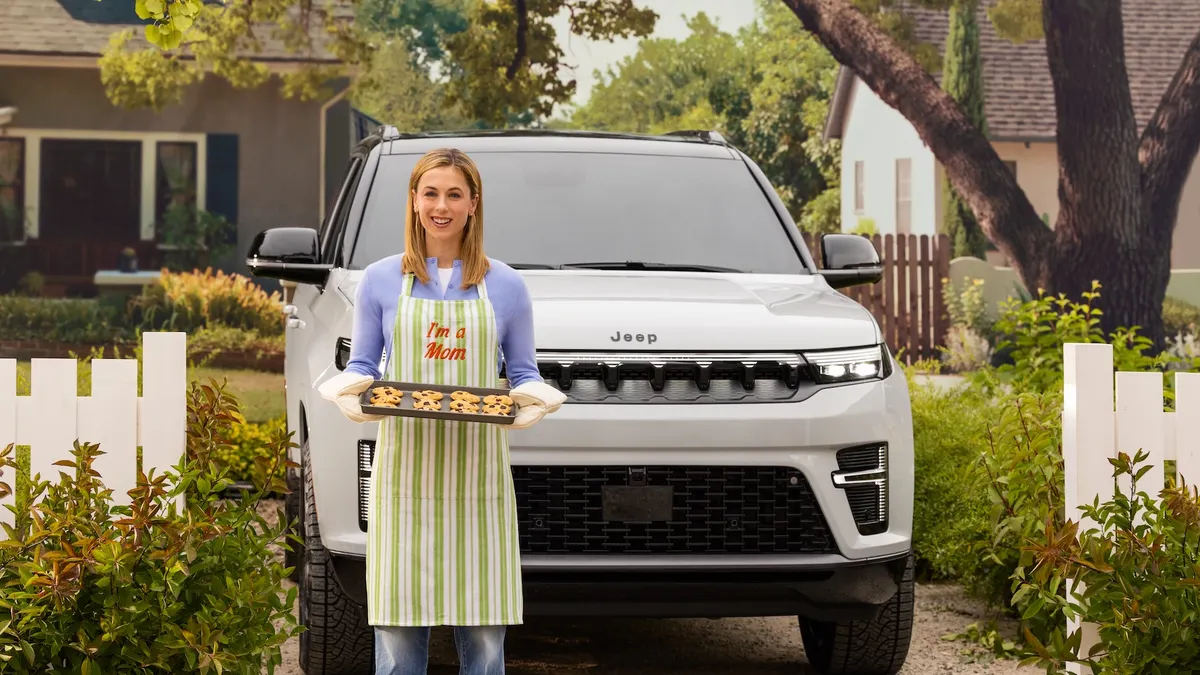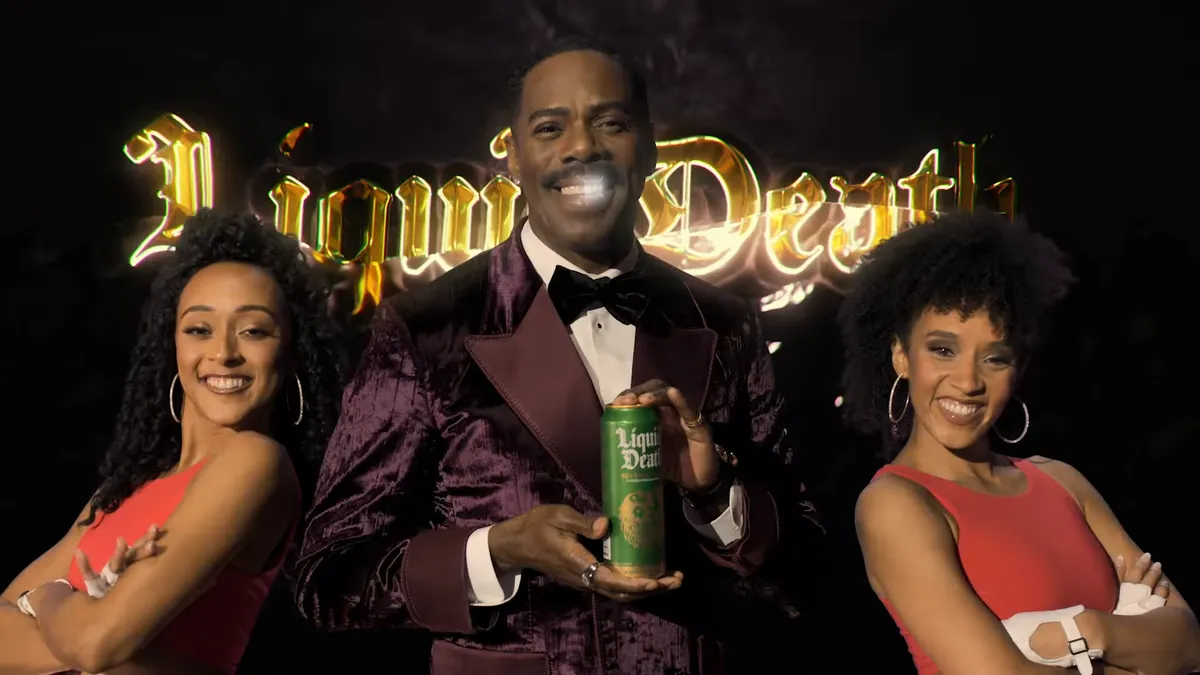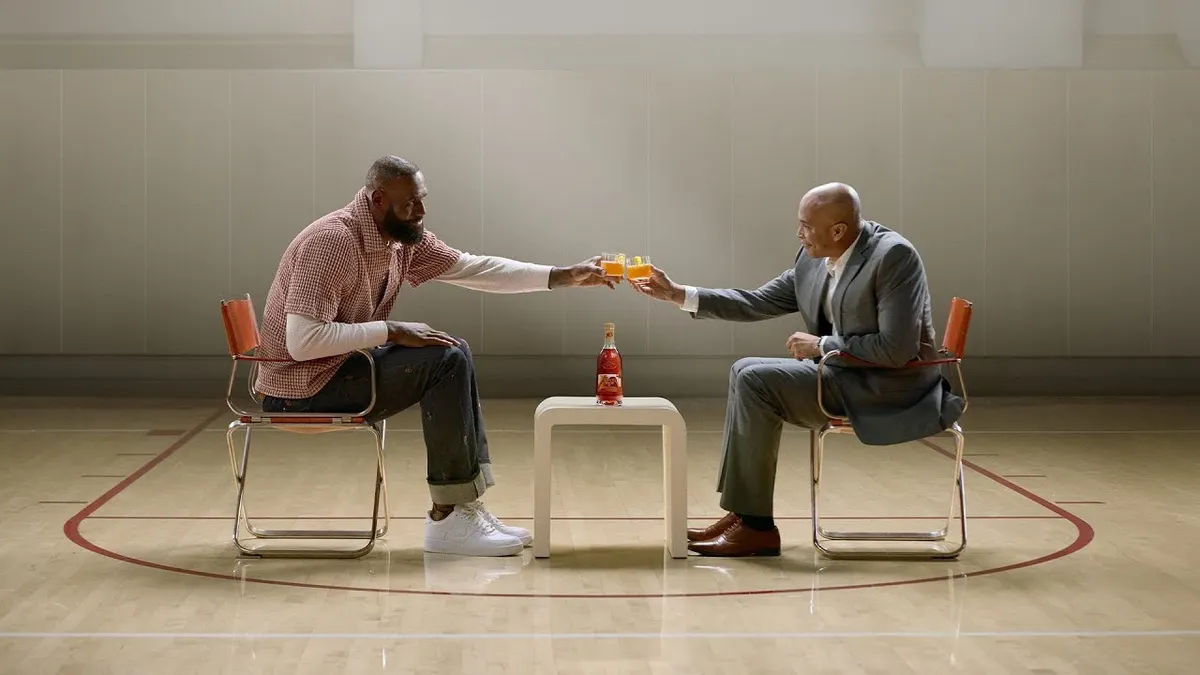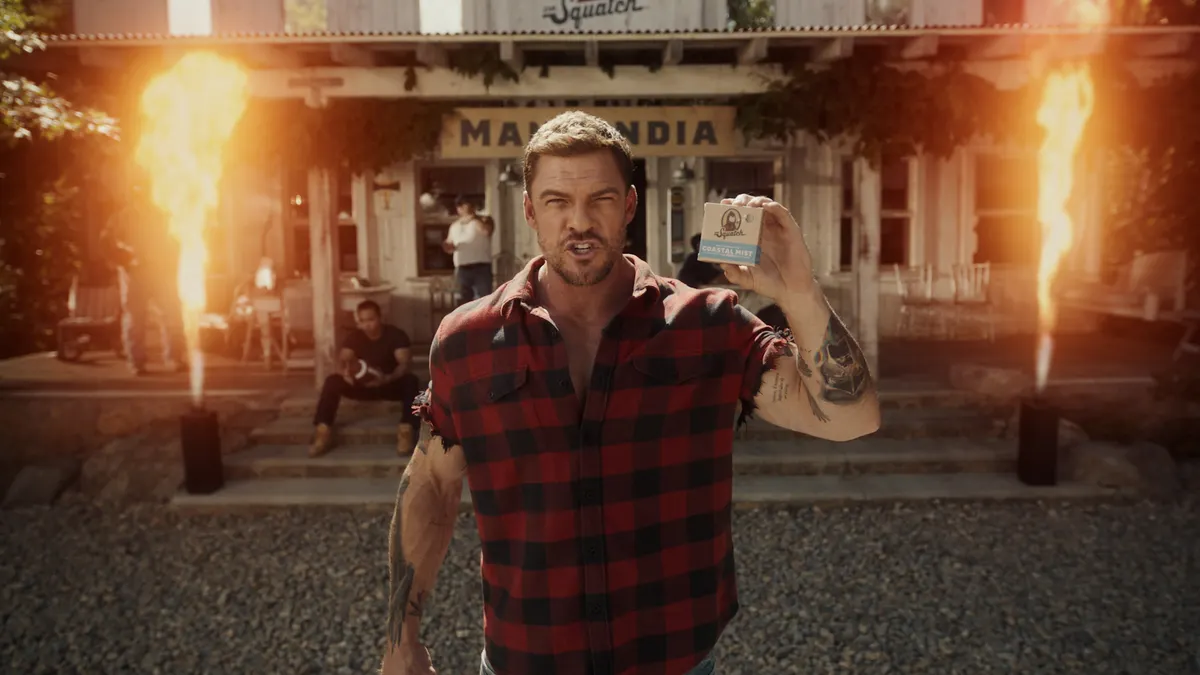Campaign Trail is our look at some of the best and worst new creative efforts from the marketing world. View past columns in the archives here.
This week, our editors examine two big brand fumbles — one intentional, another very much not — and also a ridiculous gag accessory meant to match the superfluousness of National Selfie Day:
Burger King Russia pulls ad rewarding women impregnated by World Cup stars
The rundown: The corporate account for Burger King Russia is backtracking this week after running a social media campaign offering free Whoppers for life and 3 million Russian rubles (around $47,000) to women who could prove they were impregnated by players on the country's World Cup team.
The campaign's goal, according to the Associated Press, was to increase the athletic genes in the nation and "ensure the success of the Russian team for generations to come," implying that those children would grow up to one day be soccer stars.
The results: Naturally, Burger King's promotion was short-lived and yielded heavy criticism for inching far too close to the realm of eugenics. The ad was quickly met with a flurry of angry responses from the public, even after the fast-food chain removed the post on Tuesday and apologized on the social media site VKontakte — Russia's equivalent of Facebook — with the statement: "We offer apologies for the announcement we made. It was too offensive."
The advertising industry has a long record of playing on sexist stereotypes, especially around sporting events like the World Cup or Super Bowl, where marketers have objectified women to sell products like beer and snacks to a historically male audience. Burger King Russia takes this to a new, grotesque level by promising to reward women who bear a soccer star's child with fast-food burgers and more than the average Russian's annual salary.
While the effort may have been just a joke, as the Russian branch of the fast-food giant claims, it's one that makes the global chain look tasteless and insensitive during a high-profile event.
—Natalie Koltun
Snickers parodies apology ads to promote new flavors
The rundown: Speaking of brands saying sorry, the latest iteration of Snickers' long-running "You're Not You When You're Hungry" campaign took a two-step approach that ended with an apology, according to Adweek. First, the candy maker, working with agency BBDO New York, ran a magazine print ad with an admonition to "Try new Espresso Snickers, jerk!" in all caps.
Then, Snickers followed-up online with a video featuring a company representative apologizing for calling customers "jerks," with assists from a phone bank and a street team tasked with wheat-pasting more polite "Try new Espresso Snickers, please" posters. An accompanying print ad explained the reason for the insulting salvo: "Admittedly, we were hungry when we created it, and only after we tried the new flavor ourselves did we realize how irritable we were."
The results: With companies like Facebook, Uber and Wells Fargo paying top dollar for "apology ads" after public relations disasters, Snickers and BBDO New York took a meta approach to market its new Espresso flavor, which is one of three new, limited variants the brand is releasing this summer.
By parodying apology ads, Snickers joined the public in poking fun at corporate mea culpas, starting a fake controversy that most would only see referenced in the apology ad. The campaign is reminiscent of an ad Arby's ran in 2014 that toyed with supposedly forgotten marketing agreements.
At a time when companies are running apology ads for corporate misbehavior and others have had to pull offensive ads after online backlashes — see above — Snickers' fake apology is a light-hearted way to piggyback on the issue without actually doing damage to its brand. Compared to trivializing the Black Lives Matter movement or being accused of outright racism, calling customers "jerks" barely lands on the offensiveness radar.
—Chris Kelly
McDonald's 'Frylus' helps messy eaters keep their phones clean on #NationalSelfieDay
The rundown: Yesterday, June 21, marked National Selfie Day — or, perhaps more in the spirit of the holiday, #NationalSelfieDay — and fast-food chain McDonald's tried to get in on the social media excitement with a product called the "Frylus." The goofy gizmo, a fry-shaped approximation of a stylus pen, is designed to help burger eaters with messy hands keep their phones clean by allowing them to snap photos without actually having to touch their screens.
McDonald's made 100,000 Fryluses (Fryli?) available at over 2,000 of its restaurant locations on June 21 with the purchase of a Quarter Pounder burger, which recently made the switch to having 100% fresh beef patties.
The brand promoted the limited-run Frylus through a spoof video starring the Instagram influencer Kirby Jenner, who predominantly uses his page to insert himself into pictures of the Kardashian-Jenner clan, which he is not actually a part of. The ad — sorry, "film" — parodies the type of dramatic, cinematic fashion ads that have helped some of the Jenners become household names.
The results: There are made-up holidays that brands like to market themselves around, and then there's National Selfie Day, which seems to be especially superfluous. So does the Frylus, to be fair, but that's exactly what McDonald's is going for, following up on its "Frork" gag product from last year.
However, the Frylus seems to have even less utility than what the Frork offered, as it still demands the user have both hands occupied to take a selfie — meaning hungry customers will likely have to put down their burgers to snap a shot. That could harm the selfie visibility for the new, more natural Quarter Pounders. The upgraded burger seems to be McDonald's response to repeated haranguing by its rival Wendy's over a lack of fresh beef on the menu, and the brand is putting a heavy marketing push behind raising awareness about the more natural offering.
While the focus of the Frylus is clearly on mobile, the fast-food giant has struggled with other aspects of its mobile business, which has become increasingly key for engaging younger consumers. Adoption for a revamped McDonald's app has been fairly low, according to company officials, and employees have complained about the poor integration of newer digital offerings.
—Peter Adams




















